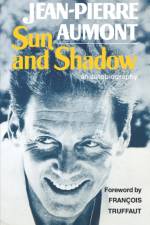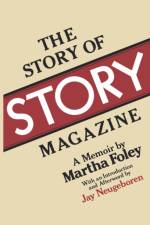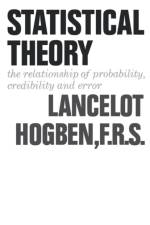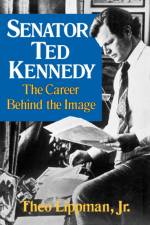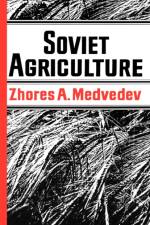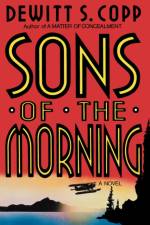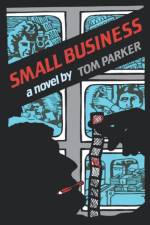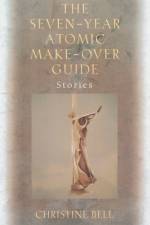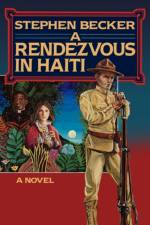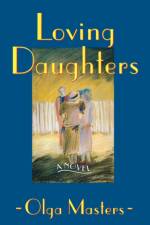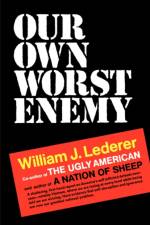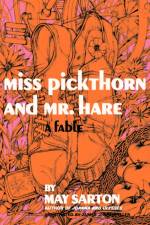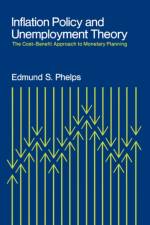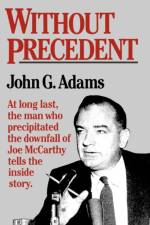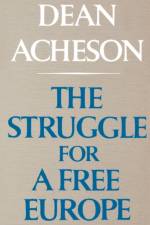av David Falkner
349,-
Back-to-back Most Valuable Player and World Series winner Joe Morgan entered the Hall of Fame in 1990 on the first ballot, a "good little player" who achieved greatness by hard work, dedication, and baseball intelligence. In this entertaining book, be tells the story of his extraordinary life in baseball and offers provocative insights into the game's past, present, and future. The box score? The most complete player of his time has given us the complete baseball book, from the grit of the infield dirt on his spikes as he turned a double play against a charging Frank Robinson to no-holds-barred banter in the locker room with Johnny Bench, Tony Perez, and Pete Rose, from the frustration of seeing good teams destroyed by racism and incompetence to the triumph of winning it all with the most talented, and the smartest, team in baseball, Cincinnati's Big Red Machine. In vivid anecdotes, Joe Morgan recounts starting out in the minor leagues in the still-segregated South, the only black player on the Durham Bulls; earning a trip to the majors with the expansion Colt 45s (soon to become the Houston Astros), a rag tag collection of over-the-hill veterans and inexperienced youngsters with its own band of outlaws, "The Dalton Gang"; honing his game with the help of all-time-great Nellie Fox; competing against the likes of Willie Mays, Sandy Koufax, Bob Gibson, Tom Seaver, Reggie Jackson, Willie McCovey, and Willie Stargell; winning back to back MVP awards and World Series; dramatic seasons with the Philadelphia Phillies, San Francisco Giants, and Oakland A's; and being welcomed into the Hall of Fame by his childhood idol, Ted Williams. At the heart of the book is the tale of how four big, combative egos - Johnny Bench, Tony Perez, Pete Rose, and Morgan himself - learned to win together under Sparky Anderson's leadership, transforming the Cincinnati Reds into the Big Red Machine, the most successful team of the 1970s. Joe Morgan shows us how the Reds dominated games with sheer baseball smarts as well as awesome physical skill, and he gives us up-close views of his teammates, including Sparky Anderson's gift for molding individuals into a team dedicated to winning, Johnny Bench's flair for the dramatic play, Tony Perez's unquenchable will-to-win in the clutch, and Pete Rose's tumultuous experiences on and off the field. It's all here, from the day Dave Concepcion took a ride in the locker room dryer to George Foster's reply to an accusation of cheating: "I don't cork my bat. I cork my arm." Bringing his unparalleled feel for winning baseball right up to the present, Morgan also gives us hard-hitting commentary on the current state of the game, discussing why today's teams play brain dead, what keeps Rickey Henderson and other stars from being as great as they think they are, why good teams self-destruct so easily, why the new commissioner will find it hard to act "in the best interests of baseball," and how baseball ought to deal with such issues as expansion, free agency, and minority hiring. His controversial prescription for baseball's future - the appointment of a baseball ambassador empowered to negotiate with both players and owners for the good of the game - will spark lively debate all through the season and beyond. The final tally: here is a baseball read with the spark that made Joe Morgan the winningest player of his time.


